Manasseh's Folder
MANASSEH’S FOLDER: The tribute Komla Dumor wrote about himself

The late Komla Dumor
For a moment, I thought the priest moderating the burial service had made a mistake. So I waited to hear the correction. But it never came.
Like many who were yet to get copies of the programme, I was depending on the priest to know the schedule and what was coming next. Multimedia Group Limited, where Komla Dumor started his mainstream journalism career, was the first to read their tribute. Then came the BBC, where the talented broadcaster ended his career. Next to come, the moderator announced, was Prof. Ernest Dumor, Komla’s father. This was what made me think the announcer was mistaken.
I waited for a correction. Or an addition: “Prof. Dumor’s tribute will be read by…”
On occasions of such enormous and indescribable loss as this, the father’s tribute, those of the widow, siblings and other close relatives are often read on their behalf. It is often understandable, especially in the case of this man who was well-advanced in years. The normal order of things would have been that his son would be reading a tribute to his father, and not he reading a tribute to his son. On occasions such as this, therefore, a parent would be spared the trauma of reading in person.
But that did not happen here. And across the stage strode the grey-haired professor. I could almost feel his pain. A little over five years ago, he had buried the lovely woman with whom he gave the world the three wonderful gifts. Today, he was faced with the stark and painful reality of burying one of them, the one who had placed the Dumor family in global limelight.
When Prof. Dumor got behind the microphones, his words did not come out immediately. Was he choking with grief?
No.
He raised his head slightly towards the choir and the words of Frances Ridley Harvegal, one of the most dedicated Christian women of the nineteenth century, rose and filled the atmosphere from the direction of the Catholic Choir:
Take my life and let it be
Consecrated, Lord to Thee
Take my moments and my days
Let them flow in ceaseless praise
Take my hands and let them move
At the impulse of thy love
Take my feet and let them be
Swift and beautiful for thee…
The suspense did not outlast eternity. And the old man whose voice the mourners held their breath to hear was about to speak. He was in the middle of two contrasting worlds.
On a giant screen behind him, the infectious smile of his 41-year old son threatened to outshine the powerful rays that shot through the cloudless azure sky. And in a simple mahogany coffin before him lay the stiff and lifeless reality of the image behind him.
“Komla, I’m led to this simple but very profound verse in the scriptures: ‘Teach me your ways and I will walk in your truth,’” he began. “Yes, indeed, Komla, you strove in your short life to walk in his truth.
“Therefore no amount of words or pontification on my part as a father can change what you have become. Your achievements are inalterable facts. My words cannot increase the immeasurable impact you have made by touching the lives of so many, especially the voiceless and those who have been written out of history…”
Prof. Dumor spoke with extra-ordinary courage. In fact, he was the one who really changed the mood of the occasion from mourning to celebration. And the rest of the family followed: Mrs. Mawuena Trebah, Komla’s elder sister. Dr Korshie Dumor, Komla’s brother. Elinam, Komla’s 11-year old daughter. And then his wife, Kwansema.
By the time they finished, it was understandable why Komla Dumor practiced broadcasting so effortlessly. Randomly pick any member of the Dumor family and only a few broadcasters around the world are endowed with voices more soothing to the ear than theirs.
I sat through the service with enormous admiration for the Dumor family; they are a real gift to humanity.
The moment of reality came when the St. Paul’s Senior High School Naval Cadet Band led the procession out of the forecourt of the State House with an impeccable rendition of Osibisa’s “We are going. Heaven knows where we are going.”
Yes, Komla was going. Our sages of old say no dancer or drummer sleeps in the market square no matter how intriguing an Asafo dance is. They retire home. After an inspiring performance on a global stage, Komla Afeke Dumor, was returning home.
Unfortunately, however, Komla Dumor’s story has not been told in a way that will inspire many young people who looked up to him with admiration but face challenges. Komla’s story at the funeral portrayed him an achiever whose “meteoric rise” did not come up against any impediment. This was not a fitting tribute that Komla Dumor would have been proud of.
Our elders say when you look at the mouth of a king, it’s impossible to imagine than he once sucked breast. So looking at Komla Dumor, it was difficult to associate him with failure.
But his life was in two parts. The first (and greater part of it) was characterized by failure and despair, and the second characterized by enormous success. Any story which fails to capture this would be doing a great disservice to the man who said on the Springboard Show last year that he had been a depressing period of failure in the earlier part of life.
Like his father’s tribute said, Komla Dumor’s success story did not need any embellishment to excite the hearer. But there were many such instances. For instance, Komla’s biography in the official funeral brochure said: “His new broadcast career thus took off on the back of motor scooter riding around Accra at 4 a.m. every morning giving reports on traffic in Accra.”
It is true that he started his profession on the back of a motor scooter reporting traffic but certainly not at 4 a.m. when the busiest streets of Accra even today are still empty. The same biography also talked about Komla’s tertiary education, which began in a medical school, and it just moved on as though it had been a seamless progression and there had been no problem.
The biography in the brochure said: “After four years of the pre-clinical studies, Komla abandoned the [medical] programme and returned to Ghana.”
This is also not accurate. Komla did not abandon the programme. He failed his exams after the fourth year and was dismissed.
“I discovered I did not have the discipline for the long hours of work that was required to study medicine,” he said at Springboard, a Ghanaian motivational roadshow last year. “I was young. I was distracted. I failed, and I had to pay the price.”
It takes four years to get a university degree, but it took Komla Dumor almost ten years to get a university degree. In his broadcasting career, Komla said he finished his national service and applied to work at the GBC, he was not taken on by the state broadcaster.
By now you may be wondering the essence of this article. Don’t get confused. I believe Komla’s life should not be celebrated in tributes; certainly not in tributes that glide over the difficult portions. His life needs to be replicated. Especially because many times people feel hopeless when they fail.
While Komla Dumor was being prepared for burial, Solomon Obeng, a first year student of the University of Education, Winneba committed suicide because he failed his exams and was due to be withdrawn. While the young man was packing blocks in the darkness of that uncompleted building in Winneba, he needed someone to just tell him what Komla Dumor had said at last year’s Springboard programme organized by Legacy and Legacy: “Failure is never the end unless you allow it.
“People sometimes look at an individual who has achieved something and they only look at what they have achieved. They don’t look at the journey.”
Komla Dumor’s journey was not one that was traveled on a smooth road bedecked with roses. And I have personally told him that his achievements in life did not inspire me like his transition from failure to success. So the youth who look to rise like Komla Dumor but are crippled by one failure or the other have no excuse to give up. That’s why his story should be told in full: the failure and the success.

One of Komla Dumor’s good friends was the Nigerian writer, Chimamanda Ngozi Adichie, who I consider a perfect replacement of Chinua Achebe. In her debut novel, Purple Hibiscus, Chimamanda illustrated this in the strict father character whose daughter was beaten to second place by another girl Chinwe Jideze. He drove his girl to school to enact a drama:
“Where is Chinwe Jideze?” Papa asked when we got to the front of my class. A group of girls stood at the door, talking. I looked around, feeling weight around my temples. What would Papa do? Chinwe’s light skinned face was at the centre of the group; as usual.
“She’s the girl in the middle,” I said. Was Papa going to talk to her? Yank at her ears for coming first? I wanted the ground to open up and swallow the whole compound.
“Look at her,” Papa said. “How many heads does she have?”
“One.” I did not need to look at her to know that, but I looked at her anyway.
Papa pulled a small mirror, the size of a powder compact, from his pocket . “Look in the mirror.”
I stared at him.
“Look in the mirror.”
I took the mirror, peered at it.
“How many heads do you have, gob?” Papa asked, speaking Igbo for the firs time.
“One.”
“The girl has one head, too, she does not have two. So why did you let her come first?”
Komla Dumor did not have two heads. Komla Dumor had 24 hours in a day, just like any of us. Komla Dumor had failed in some aspects of his life like any of us. Komla Dumor rose to become a global icon, the pride of Ghana and Africa.
So we have no excuse to fail or give up when we do.
It is a week since Komla Dumor’s burial. But if you will forget him at all, don’t forget that he was one person who failed and was dismissed from a medical school, but whose life was more celebrated than the death of our sitting president. His virtues of hard work, humility, resilience and perseverance are for you and me to me to emulate and make our families, nation and all of humanity proud.
That was the tribute Komla Dumor himself wrote with his 41-year old life.
This article was first published in February 2014
The writer, Manasseh Azure Awuni, is a Journalist with Joy 99.7 FM. His email address is [email protected]

-
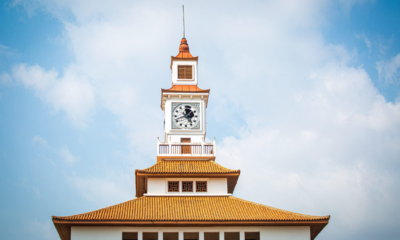
 Random Thoughts5 months ago
Random Thoughts5 months agoA Dutch Passport or a Ghanaian PhD?
-

 Foreign News9 years ago
Foreign News9 years agoEvery Animal Meat Is Not Beef! See All Their Names
-
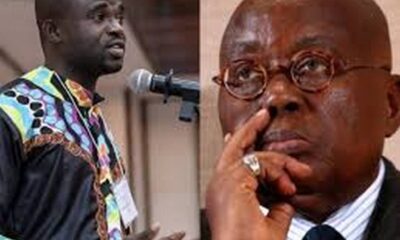
 Manasseh's Folder7 months ago
Manasseh's Folder7 months agoManasseh’s Praise and Criticism of Akufo-Addo’s Action on the SML Scandal
-

 Manasseh's Folder5 months ago
Manasseh's Folder5 months agoIs Napo Arrogant? And Does It Matter?
-
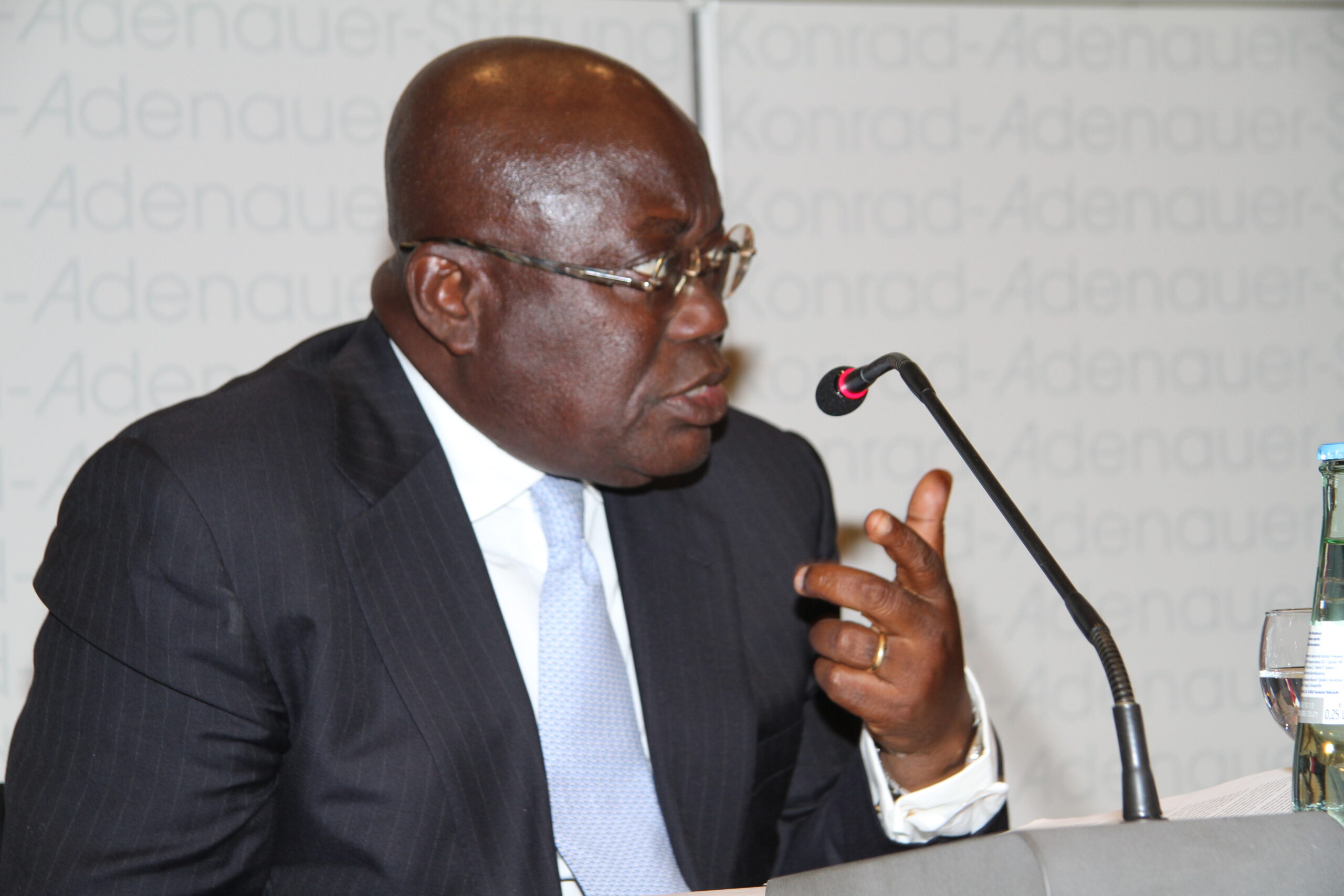
 Guest Writers8 years ago
Guest Writers8 years agoProf. Kwaku Asare writes: Nana Akufo-Addo has no law degree but…
-
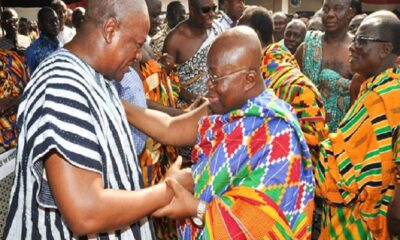
 Manasseh's Blog Posts4 months ago
Manasseh's Blog Posts4 months agoWho Started Free SHS?
-
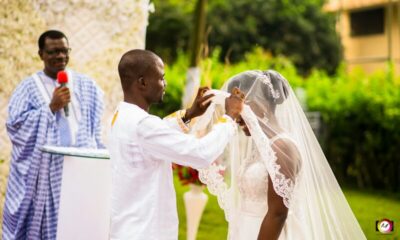
 Manasseh's Folder8 years ago
Manasseh's Folder8 years agoEXCLUSIVE PHOTOS: Manasseh Azure Awuni marries “Serwaa”
-

 Guest Writers6 years ago
Guest Writers6 years agoIs “Engagement” a Legal Marriage?